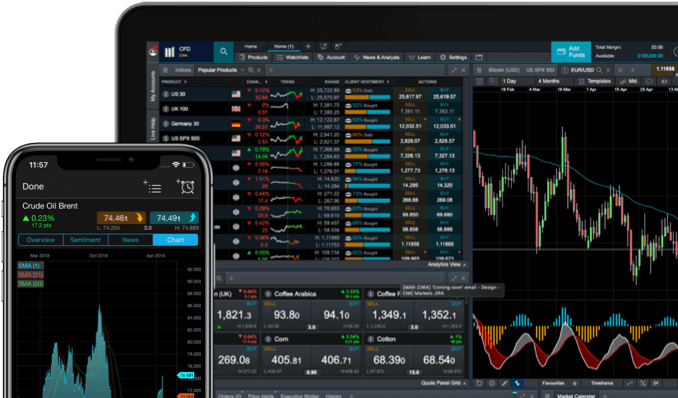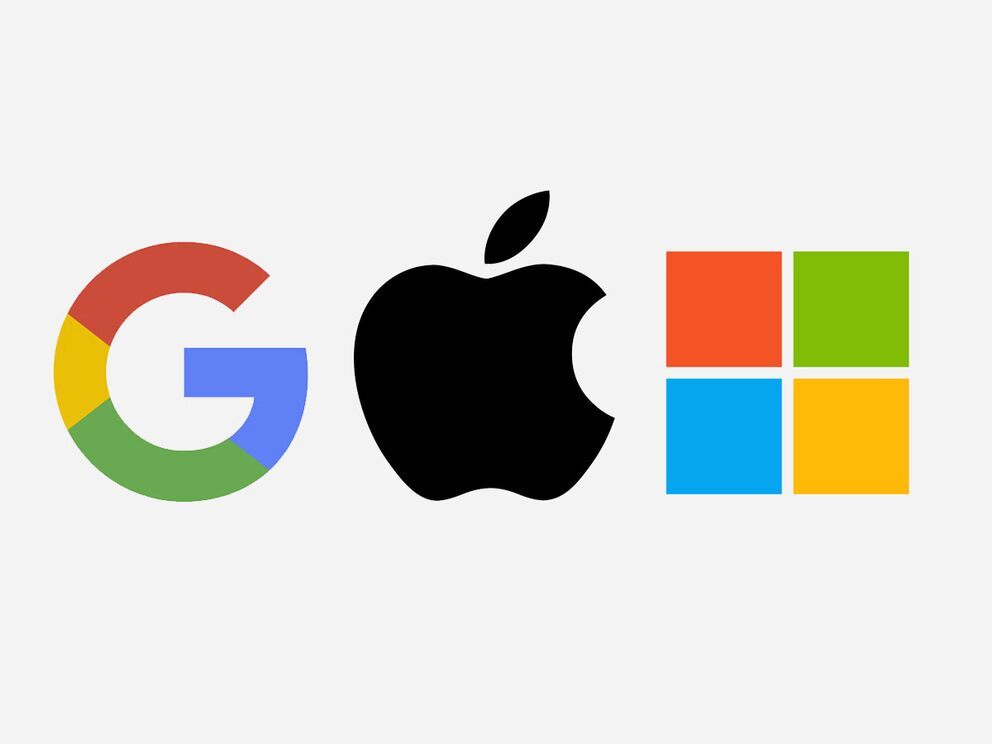Large-cap stocks, which can include some blue-chip stocks, make up approximately 90% of the US equities market. These cover a wide range of industries and sectors, such as technology, industrial, e-commerce, finance, retail, consumer goods, energy and transportation.
Large-cap stock prices tend to reflect their market capitalisation, as some can cost in the hundreds or thousands, and many would say that small or medium-cap stocks are more affordable. However, they also lack volatility in the way that smaller cap shares do not, and this could indicate that they are a more stable and reliable investment in the long-term.

















